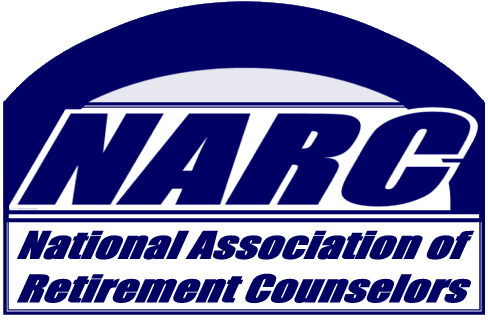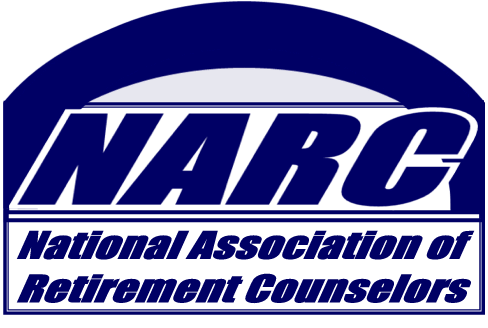

 Professional
Code of Conduct Professional
Code of Conduct |
 |
|
A Retirement Counselor honors all obligations and commitments. Making promises to seniors and their families, and then keeping those promises, are at the core of what we do. To be trusted with the care of seniors, this standard must apply to all of your business dealings. Once someone has relied on your promise, whether it is for services to a client or any other obligation of your business, you must perform as promised. While circumstances change over time, the fact that what you have promised is no longer advantageous to you does not excuse your obligation to perform. While payment and/or instructions may come from family members, a retirement counselor shall always consider the senior to be the client and base advice and services on the best interest of the senior. Confidentiality. The counselor-client relationship is one of trust. Counselors strive to maintain appropriate boundaries and protect the client's personal information. Exceptions to confidentiality include when a client or others are in immediate harm or when the counselor must release confidential information by court order. Informed Consent. Clients have the right to participate in assessments and treatment plan development. They may also terminate the relationship. Counselors must provide clients with sufficient information to make their decision. If the client is medically or legally unable to provide consent, the client's legal guardian gives this consent to provide services. Upon the commencement of a service relationship, a Retirement Counselor should ascertain the legal status of the client and any other interested parties or family members, always obtaining any relevant legal documentation and retaining a copy of same in the service record so that all claims of authority can be verified. A Retirement Counselor shall not obtain a financial interest in the property of a client nor any financial interest that is adverse to that of a client. A Retirement Counselor works for compensation agreed before providing services, whether it be directly from the senior and/or their family or from an employer that is providing said services. Accordingly, accepting gifts, gratuities and/or bequests is typically not appropriate. Avoid taking sides in family disputes. It is the obligation of the Retirement Counselor to facilitate access for all family members to the senior and information about care except to the extent that it violates the privacy rights of the senior or presents a risk to the safety of the senior. All suspected abuse must be promptly investigated and reported to Adult Protective Services or other proper authority. Having a suspicion proven wrong is not a negative outcome; failing to halt ongoing abuse is. Whenever appropriate, the advice of licensed/certified medical and other professionals should be obtained and followed. An ethical Retirement Counselor never makes a false claim to close a sale or for any other business purpose. An ethical Retirement Counselor advises a prospect of all options available to meet their needs, not just those that the Counselor is offering. When the Counselor is aware of other providers who may be better able to meet those needs - or even offer a viable alternative worth considering - they should refer the prospect to those providers. Always address the seniors we serve with dignity. Do not use familiar, diminutive or even endearing forms of address without the permission of the senior. Always propose a plan for how the clients needs will be met and your services provided. This includes disclosing all known or anticipated costs as well as how to determine when the service you provide may no longer be adequate and what additional services and/or providers may be needed at that time. A Retirement Counselor endeavors to provides information and access to both the senior and the care planning process, to the extent permitted by HIPAA, where applicable, to all family members and other parties who have an interest, or feel they have an interest, in the welfare and/or affairs of the senior. When practicable, discussions regarding care planning should be held with all interested parties in attendance at the same time. |
| To assure that senior serving professionals have the training, network and resources to allow them to serve as counselors to their clients, customers and prospects; committed to advising each on how their needs may best be served and able to direct them to the providers that can best meet those needs.
|
| NETWORK * LEARN * JOIN * GET CERTIFIED * SPONSOR * ABOUT NARC * CONTACT US |
 Box 81, Alexandria, VA 22313 703-566-JOIN Fax 703-549-3178 |